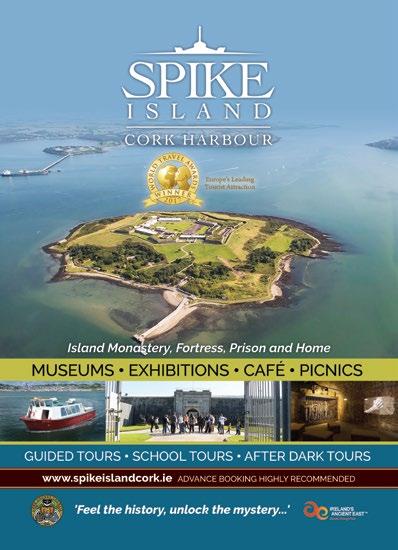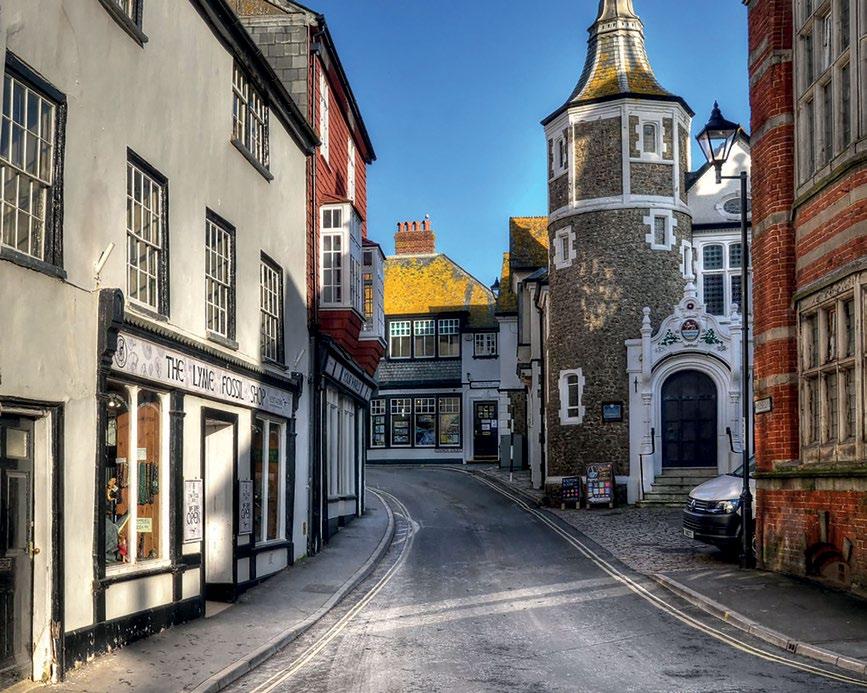
7 minute read
Regal Regis
The town centre of Lyme Regis
Regis Regal
In the latest of her literary-themed excursions Lorna Hogg visits the breath-taking seaside town of Lyme Regis on England’s Dorset coast
18 Senior Times l January - February 2020 l www.seniortimes.ie The pretty seaside town of Lyme Regis in Dorset has inspired more than a bustling tourist industry. Jane Austen’s Persuasion, Henry Fielding’s Tom Jones and John Fowles’s The French Lieutenant’s Woman all drew from Lyme. Mentioned in the 1085 Domesday Book, its narrow streets, cobbed alleyways, old shops and inns also make it an ideal film set. It was here that the iconic scene of Meryl Streep’s character standing on the wind and wave swept Cobb, gazing out to sea in The French Lieutenant’s Woman, was filmed. John Fowles was born into an English merchant family in Leigh on Sea, Essex, on March 31st 1926. His was a conformist, conventional family life – and later said that he had ‘tried to escape ever since’. He won a place at the well regarded Bedford School in 1939 where he became Head Boy, and excelled at sport, esecially cricket. After leaving school in 1944, he attended a military training course at Edinburgh University, and was prepared to receive a commission into the Royal Marines. He finished the course on VE day - but then was assigned to do his compulsory Military Service, at Okehampton Camp, in Devon. That service ended in 1947, after which he observed that military life was not for him. A spell at Oxford followed, where he discovered the works of French Existentialism, and writers such as Satrtre and Camus. Armed with a degree in French, teaching life awaited him, in London and France.
Fowles also taught on the Greek isle of Spetses, which proved powerfully influential. He began to write poetry, and also met his future wife Elizabeth, then aleady married. They parted after an affair, but back in England, met again and married in 1957. By then Fowles had started writing, including The Magus, essentially a quest story. He also began work on the first draft of The Collector which later became a best seller, and allowed him to write full time. He became an acclaimed author, on both sides of the Atlantic. The Aristos, a series of philosophical and artistic musings, followed.
Where will you go? Explore Ireland with your Free Travel Card

FT
FT
Accepted on all Expressway services.

In 1965, The Magus was published, and would become a cult novel, with parallels drawn with The Odyssey and The Tempest.
However, Fowles’s most commercially successful novel is The French Lieutenant’s Woman, which appeared in 1969. On one level it can be seen as a Victorian story about a mysterious woman, Sarah Woodruff, apparently deserted by her French lover, who regularly stood on the Cobb – breakwater, at Lyme Regis, a Dorset seaside town, gazing out to sea. She attracts the attention of a young recently engaged man, Charles Smithson. The book simultaneously tells the story of the relationship between the two actors, in the process of making a film about this mysterious Victorian woman.
His attraction to her, their exact relationship, and Victorian and modern attitudes to female sexuality and male views of women are all examined. Fowles provides three alternative endings to the book – the reader can choose how it turns out. The book won several awards, and was made into a very successful film.

Fowles had moved to live Lyme Regis in 1968, and initially lived in a cottage outside the town, overlooking the sea, on the famous fossil rich Jurassic Coast. The book’s success meant that he could later buy Belmont House in Lyme, where he and his wife lived. Fowles became an active community member – yet some regarded him as reclusive. His interest in history led him being appointed Curator of the Lyme Regis Museum. He also worked on a variety of projects - translations from French, essays, poetry and short stories, and a broadly autobiographical work, Daniel Martin.(1977) A Maggot (1985) an 18th century mystery, led to his being hailed as one of the most influential British writers since 1945.
John Fowles became an active community member in Lyme. His interest in history led him being appointed Curator of the Lyme Regis Museum
In 1990 Elizabeth died. Fowles continued to write, and in 1998, Wormholes, a book of essays, appeared. He married again, to Sarah Smith, and lived in Lyme until his death, on November 5th 2005, following a long illness.
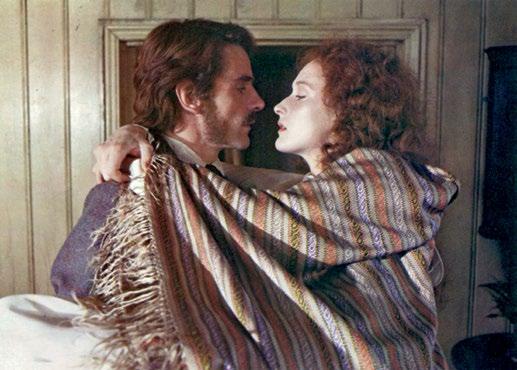
20 Senior Times l January - February 2020 l www.seniortimes.ie Jane Austen visited Lyme in 1803 and 1804, when it was a popular Regency seaside resort. She used it as a backdrop in Persuasion, when a character falls on the steps from the famous Cobb – Lyme’s artificial pier. Henry Fielding, who stayed in the town in 1725, was also inspired. From a recently impoverished background, but inspired by his education at Eton, he decided a wealthy marriage was his best way forward. In Lyme he encountered beauty and wealth in the form of his distant cousin, 15 year old Sarah Andrew. After a brawl with her guardian Andrew Tucker, who wanted to marry his son to Sarah, on September 2nd, Henry attempted an Meryl Streep and Jeremy Irons in the film of The French Lieutenant’s Woman
for every child, a dream

Do you dream of a world where every child has clean water, nutritious food, healthcare, an education and a safe environment to grow up in?
You can make your dream come true.
Did you know you can leave the gift of a better future to a child in your Will?
It is really easy and inexpensive to do and you don’t have to be wealthy to make a difference that will last a lifetime.
Please consider this very special way of ensuring your love for children lives on.
For more information, please call Justin on 01 878 3000 or go to www.unicef.ie
Thank you.
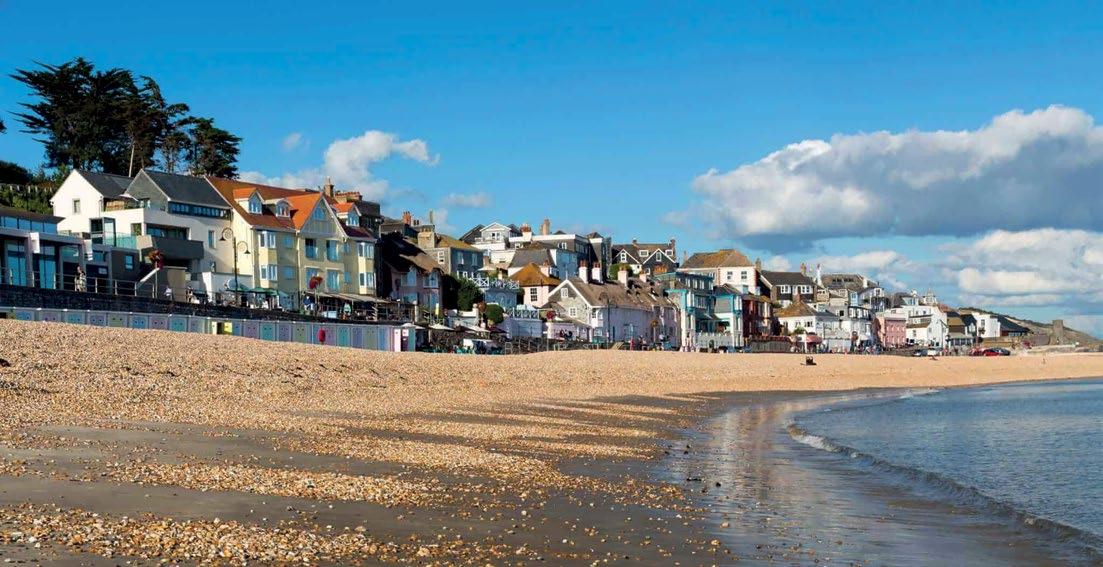
The seafront at Lyme
Jane Austen drew from Lyme for Persuasion
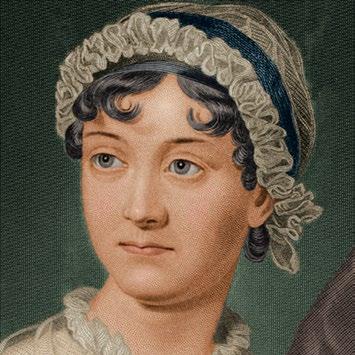
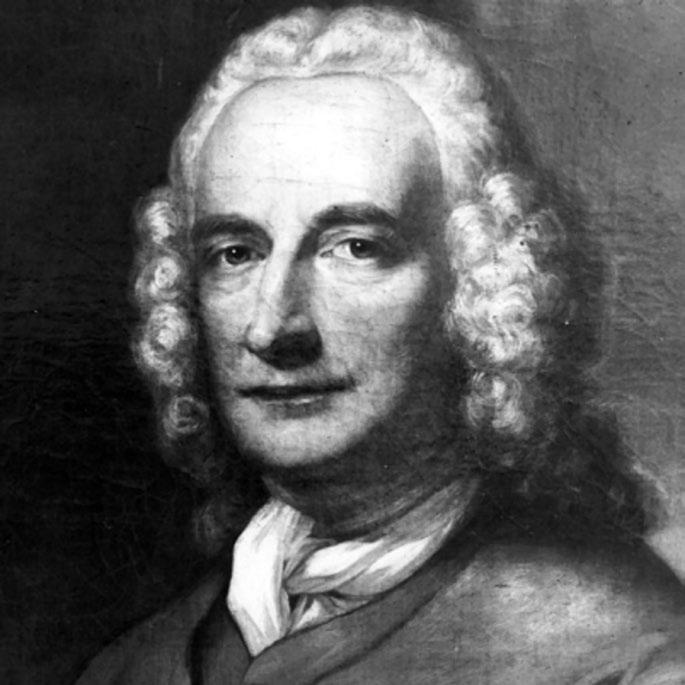
Henry Fielding who stayed in the town in 1725 is said to have based the beautiful Sarah, in his famous story of Tom Jones, from a character living in Lyme
abduction of her in Long Alley, where she was walking with her guardian, en route to church. Fielding was beaten off, and left town and its ‘fat and greasy citizens’ next day. He first published a note ‘giving notice to all the World, that Andrew Tucker and His Son John Tucker are Clowns and Cowards..’ The original note is displayed in Lyme Museum. Fielding is said to have based the character of Sophia Western on the beatiful Sarah, in his famous story of Tom Jones.
Lyme life Lyme Regis, on the Devon/Dorset border, is set in an Area of Outstanding National Beauty. It remains a pretty town, snaking up the coastline, which is itself part of the UNESCO listed World Heritage Sites, for its outstanding geology. Lyme has with a wide choice of galleries and shops – and excellent food, ranging from highly rated restaurants (The Millside is just one) to pub take-away `catches of the day’ for simple beach suppers. For atmospheric accomodation, try the ancient Red Lion Inn’(used in the film,) The Mariners Hotel or The Pilot Boat. There are also plenty of pubs, B&Bs and apartments. You can also stay in the elegant National Trust restored home of John Fowles.
Top of the list for many visitors is a walk along the the famous thirteenth century Cobb, an ancient breakwater, which has splendid views of the coast. Don’t miss the old Town Mill, once a working mill, which has been restored to a modern creative centre. Shop, watch milling demonstrations, or eat in the cafe.
sixteenth century Guildhall, to Gun Cliff and the Cobb, from which ships sailed out to meet the Spanish Armada. Lyme is also on the famous fossil rich Jurassic Coast. Learn about an early fossil hunter, Mary Anning, at Lyme Museum, or join a guided fossil search. Take a boat trip, or the Jurassic Coast Bus to explore further.
Make time so see the Undercliffs coastal path, part of The South West Coastal Path, or take in coastal views down to Portland and Chesil Beach.
Further information
FOR YOUR NEXT NIGHT OUT WHY NOT GO GREYHOUND RACING? Visit www.igb.ie to find your nearest location


GO GREYHOUND RACING IRISH GREYHOUND BOARD
Book now by calling 061 448080 For more info visit www.igb.ie

